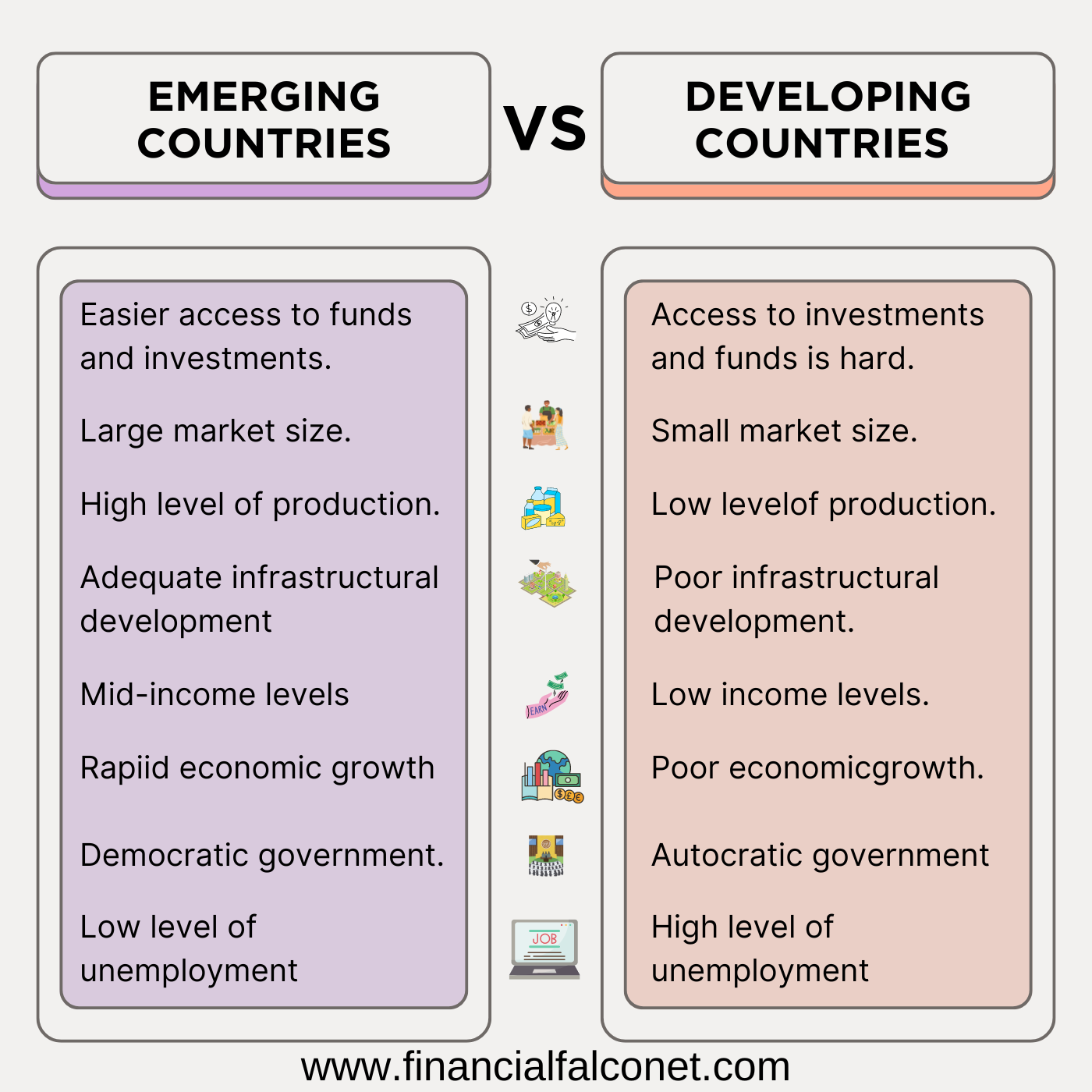
What is Excess Crude Account (ECA)?
What is excess crude account? The Excess Crude Account (ECA) is a Nigerian government account established in 2004 under the presidency of Chief Olusegun Aremu Obasanjo, to receive surplus revenue from the sale of crude oil above a budgeted benchmark price. It is a way for the government to save and manage excess revenue from oil sales, particularly during periods of high oil prices. Here, we shall discuss the meaning of the excess crude account, some controversies around it, and its depletion in recent years.
Read about: What type of account is Rent Expense?
What is excess crude account?
The funds in the ECA are managed by the Federal Government of Nigeria on behalf of the 36 states of the country. The funds can be used for budget support, infrastructure development, and other government expenditures. Withdrawals from the ECA require the approval of the National Economic Council (NEC), which is made up of the 36 state governors and the Minister of Finance.
One of the objectives of the ECA is to provide a stable source of funding for the government in the event of a drop in oil prices or other economic shocks. This is because Nigeria’s economy is heavily dependent on oil exports, which account for about 90% of the country’s foreign exchange earnings and about 85% of government revenue.
Despite its potential benefits, the ECA has faced criticisms over the years. Some critics argue that the account lacks transparency and accountability, with concerns raised about the management of the funds and the allocation of withdrawals. Others argue that the account has been used for non-essential purposes and as a slush fund for political purposes, rather than for its intended purpose of saving excess oil revenue, maintaining fiscal stability, and stabilizing the economy.
In recent years, there have been calls for the Nigerian government to reform the ECA and improve transparency and accountability in its management. Some have suggested that the account should be abolished altogether, and that excess oil revenue should be used to fund specific projects or be distributed directly to the states.

Some controversies surrounding the excess crude account
- Lack of transparency and mismanagement of funds
- Constitutional violation
- Lack of accountability
- Excessive depletion of the account
Lack of transparency and mismanagement of funds
One of the major controversies surrounding the excess crude account is the lack of transparency and mismanagement of funds in the account. There have been allegations that the government has not been transparent in the management of the account, and that the funds are not being properly accounted for. Critics argue that the Nigerian government has been using the funds for non-essential expenses, rather than saving them for a rainy day. This has further led to accusations of corruption and financial mismanagement.
Constitutional violation
Another controversy surrounding the excess crude account is the constitutional violation of the establishment of the account. The Nigerian constitution stipulates that all revenue generated by the government must be paid into the Federation Account, and then shared among the three tiers of government. This is as stated in section 162 (1) of the Nigerian Constitution. Critics argue that the ECA violates this provision of the constitution, as it is a separate account that is not constitutionally supported.
Lack of accountability
An additional controversy surrounding the ECA is the lack of accountability in the management of the account. Critics argue that there is no clear mechanism for holding the government accountable for the management of the funds. As a result of this, the government has been using the account as a slush fund for political purposes and other uses that have not benefitted the country or its citizens.
Excessive depletion of the account
The depletion of the ECA is perhaps the biggest controversy. There have been allegations in the past that the government has been depleting the account excessively, without regard for the future. Critics argue that the government should be more cautious in the management of the account, and should save more funds for the future. On July 26, 2022, it was reported by several media houses in Nigeria that the excess crude account had depleted from about $35.7 million in June 2022 to $376,655 thousand in July 2022.
Read about: What type of account is prepaid rent?
What caused the reduction in the excess crude account (ECA)?
Causes of the reduction in Nigeria’s excess crude account
- The decline in oil prices: Nigeria’s economy is heavily dependent on oil exports which account for 90% of the country’s foreign exchange earnings and about 85% of government revenue. When the price of crude oil drops, the amount of revenue generated by the government also reduces. This means that the government will have to look for other alternatives to fund government expenditures, which might consequently result in a withdrawal of funds from the ECA. Additionally, since the excess crude account is funded with excess oil revenue, a decline in oil prices will mean there will be no deposits to the account. These combined outcomes of a decline in oil prices may therefore lead to a reduction in the ECA.
- High level of withdrawals: The Nigerian government has been criticized for making frequent and high withdrawals from the ECA. Some of these withdrawals have been made to cover budget deficits, pay for subsidies, or fund other government programs. This has led to a depletion of the ECA over time.
- Poor management: There have been allegations of mismanagement and corruption in the management of the ECA over the years. Some have argued that the funds have not been used for their intended purpose of infrastructural development and that there is a lack of transparency and accountability in the management of the funds.
- Economic challenges: Nigeria has faced several economic challenges in recent years, including inflation, high unemployment, and foreign exchange shortages. These challenges have put pressure on the government to find sources of revenue to finance its programs, which may have further contributed to the reduction in the ECA.

Read about: What type of account is retained earnings?
Tackling the challenges of the excess crude account
Considering the controversies and challenges associated with the excess crude account, especially since it is not constitutionally supported, the Sovereign Wealth Fund which is backed by the Sovereign Wealth Investment Authority Act 2011 was established.
The fund was created with the aim of promoting economic stability, growth, and development in Nigeria. It was established to receive and manage surplus funds from Nigeria’s excess oil revenues which were previously kept in the Excess Crude Account (ECA). The creation of the NSIA was motivated by the need to provide a more sustainable and transparent framework for managing Nigeria’s oil revenue.
In the past, Nigeria’s oil revenue had been subject to fluctuations due to the volatility of global oil prices, which made it difficult for the government to plan and implement long-term economic development projects. The NSIA was designed to provide a more stable and diversified investment platform for Nigeria’s oil revenue.
The fund is divided into three separate funds: the Stabilization Fund, the Future Generations Fund, and the Nigeria Infrastructure Fund. The Stabilization Fund is designed to protect Nigeria’s economy from external shocks, while the Future Generations Fund is intended to provide for future generations of Nigerians by investing in long-term, sustainable projects. The Nigeria Infrastructure Fund is designed to finance infrastructure development in the country.
Overall, the creation of the NSIA was aimed at improving Nigeria’s economic prospects by providing a more stable and sustainable framework for managing the country’s oil revenue. The fund is expected to contribute to economic growth and development, while also providing a more transparent and accountable mechanism for managing Nigeria’s oil wealth as opposed to the ECA.
Read about: Is accounts receivable a current asset?
Conclusion
What is excess crude account? The Excess Crude Account (ECA) is a special account set up by the Nigerian government to save oil revenue earned in excess of the budgeted benchmark price for crude oil. The account was intended to be a savings account for the government to cushion the impact of any decline in oil prices or supply disruptions.
The controversies surrounding the Excess Crude Account in Nigeria are numerous and have been a source of concern for many years. The lack of transparency, constitutional violations, mismanagement of funds, lack of accountability, and excessive depletion of the account are some of the major issues that need to be addressed by the government.
These controversies are contributors to the establishment of the sovereign wealth fund which is an alternative that seeks to address the loopholes and ensure that the excess revenue from crude oil is properly managed with transparency and accountability and used appropriately for the benefit of all Nigerians.


